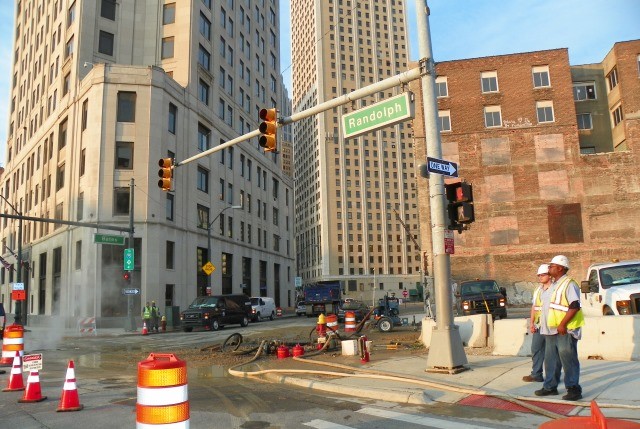
- Water main break under Detroit Water Board Building had streets, parking lot for customers flooded for weeks this month. Main breaks, sinkholes have plagued DWSD as workforce downsized by 41 percent; GLWA plans to cut even further.
DAREA retirees, other groups continue state-mandated campaign to put GLWA contract on Detroit ballot: #OurWaterOurVote
GLWA will increase debt, water shut-offs, rates, workforce decimation (41 percent of DWSD workers gone now), pollution of Detroit River, Lake Erie
Coalition says stop the takeover, fight DWSD for the people’s rights
By Diane Bukowski
September 16, 2015
DETROIT – Several major stumbling blocks remain before the contract handing over the Detroit Water & Sewerage Department (DWSD) to the regional Great Lakes Water Authority (GLWA), signed June 12, can take legal effect Jan. 1, 2016, according to GLWA officials.
The Coalition to Save the Detroit Water & Sewerage Department thus has time to finish collecting the 15,000 signatures necessary to place the issue on the Detroit ballot, under Public Act 233 of 1955. The petitions began circulating June 21.
“We fight because we are right,” said Bill Davis, President of the Detroit Active and Retired Employees Association (DAREA), which is spearheading the drive. “Each of us should be a warrior in this fight. If each retiree and active city worker turned in just ONE petition with 15 signatures of registered Detroit voters, we would have 480,000 signatures.”
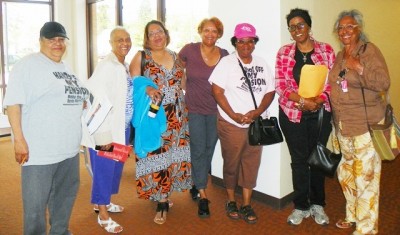
DAREA activists after Detroit General Retirement System meeting June 10, where they publicized DAREA appeal of bankruptcy and recruited members.
There are 32,000 active and retired City of Detroit workers in its two pension systems. The Coalition said in its recent newsletter that it opposes the GLWA because of expected rate increases to service debt, lack of an income-based water affordability plan, job elimination, union-busting, down-sizing, and ongoing privatization.
The Detroit bankruptcy Plan of Adjustment (POA) set six major requirements for the GLWA takeover:
Approval of takeover by 51 percent of DWSD bondholders
“The goal of 51 percent bondholder approval has not been met at this juncture; we are still assembling that,” GLWA Chair Robert Daddow, of Oakland County, told VOD after a joint meeting of the GLWA and the Detroit Board of Water Commissioners Sept. 14. He said he could not discuss details further because U.S. District Court Judge Sean Cox has placed a gag order on the proceedings.
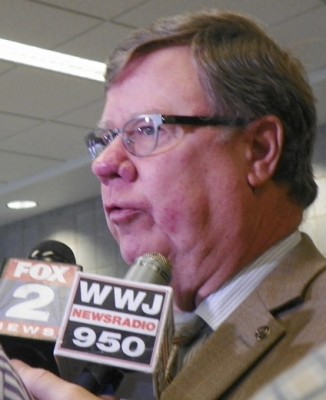
GLWA board chair Robert Daddow, of Oakland County, is interviewed June 12, 2015 after GLWA contract signed.
Wall St. pledge that GLWA bond ratings will not drop below DWSD ratings
No major Wall Street ratings agency has yet pledged that GLWA bond ratings will not be lower than those of the DWSD. GLWA Interim CEO Sue McCormick said in her Sept. 14 report that “no formal rating review for GLWA has been requested,” but touted recent bond upgrades given to DWSD by Moody’s and Fitch Ratings.
New master bond ordinance
Daddow told VOD Sept 14. that a GLWA master bond ordinance is not complete.
Agreement on pension obligations with Detroit General Retirement System
Michael Van Overbeke, attorney for the Detroit General Retirement System (DGRS), said negotiations with the GLWA on handling of pension obligations for DWSD employees are not complete, but are “proceeding,” also under a gag order from Judge Cox. He said he expects them to be wrapped up soon. If DGRS’ approval of the Bankruptcy Plan and its earlier withdrawal of its Sixth Circuit Court appeal of bankruptcy eligibility for Detroit are any indication, the outlook for retirees is not positive.
Consent from customer communities
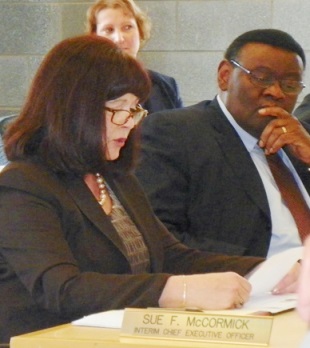
GLWA Interim CEO Sue McCormick at June 12, 2015 meeting. Detroit GLWA Director Isaiah McKinnon is at right.
“The favorable response from our customer communities continues in the assignment of their service contracts resulting in 99.83% of sewer contracts, by revenue assigned, with the remaining unassigned contract scheduled for consideration,” McCormick said in her report.”Water contracts are at 82% by revenue assigned, with 17 contracts remaining to be assigned.”
The DWSD water division has contracts with 127 communities; its sewer division has contracts with 76 communities. Under terms of the GLWA contract with the City of Detroit, Detroit would become another contracted community, relinquishing its ownership of the six-county system through personal property and revenue SALES, not leases, with real property sales of the system’s infrastructure open to board approval.
Legal opinions on tax-exempt status of new GLWA bonds
No such opinions are included in the minutes of the GLWA since it began meeting in December, 2014.
McCormick and GLWA co-chair Gary Brown gave extensive slide presentations at the meeting on complex structural measures underway to move DWSD into the GLWA by Jan. 1. They said if all measures are not complete by Jan. 1, a temporary partnership between the two entities lasting from six months to two years would be put in place.
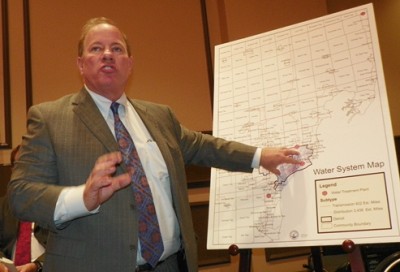
Detroit “mayor” Mike Duggan says Detroit will give up all of DWSD except some pipeline infrastructure within the city limits, during GLWA Consent Agreement announcement Sept. 9, 2014.
Apparently the complexity of handing over the nation’s third largest public water and sewerage facility to the Great Lakes Water Authority was underestimated during the bankruptcy.
The original date set in the Plan of Adjustment was Jan. 1, 2015. An extension was granted to June 12, 2015, when the current GLWA contract with the City of Detroit was signed. A further extension to Jan. 1, 2016 for the six other requirements was included in the contract.
Brown’s presentation included pledges to more quickly deal with water main breaks, sinkholes, and other problems plaguing the DWSD infrastructure, as well as a promise to decrease water shut-offs through ongoing revamping of assistance plans.
Little discussion was held by board members on the contracts. During the Aug. 15 meeting of the GLWA, a contract with global PR firm Fleishman & Hilliard was approved despite the fact that the board did not have a copy. Board committees are still being set up, and none had vetted the contract.
Links to slide presentations are at Stand_Up_Work_Plan_Status_Report and DWSD_Retail_Vision_and_Standup_Work_Plan.
Moody’s, Fitch bond upgrades based on DWSD water shut-offs, lay-offs, privatization, downsizing; 41 percent of DWSD workers already gone
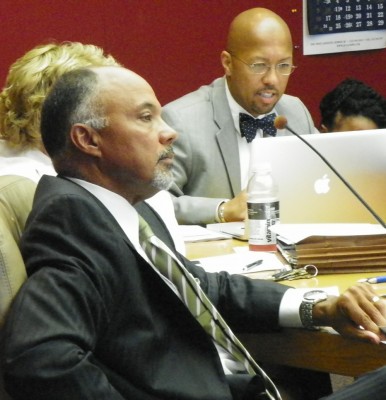
Gary Brown as VP of Detroit City Council, with former Pres. Charles Pugh, who has just been sued for sexual harassment of a minor. Brown went from Council to aide to EM Kevyn Orr to COO under Duggan, and vice-chair of the GLWA.
A DWSD release said Moody’s cited “increased efficiency, improved billing collections and providing better services” in its report on recent two-level DWSD bond upgrades from Baa3 to Ba2, and from Ba3 to Ba1, with “positive” outlooks. Until recent years, the DWSD had bond ratings in the A ranges due to its separation from the City of Detroit as an enterprise agency, with bond repayment predicated on revenues.
Brown said at the meeting that customer service will be the top goal for the GLWA, because Mayor Mike Duggan has pledged to make the return of residents to Detroit the hallmark of his administration. The Detroit News today trumpeted that the city’s white population increased by 8,000 from 2013 to 2014. Its total population in 2014 was 680,250, however, compared to 713,777 in 2010.
But the GLWA contract says clearly and repeatedly that the agency’s first priority is revenue collection for debt pay-off. Under the contract, DWSD debts have increased to $5.7 billion due to re-financings under the bankruptcy, and are likely to increase more under the GLWA if it continues to hand out contracts to board cronies sight unseen. Wall Street also barred a proposed $2.3 billion impairment of DWSD debt during bankruptcy proceedings.
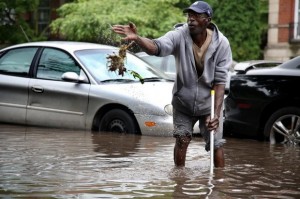
Larry Young of Highland Park tries to clean out sewer on his street in Aug. 2014 after storms resulted in massive floods actually caused by inoperable sewage pumps at Detroit Wastewater Treatment Plant.
DWSD meanwhile is allegedly increasing revenues with new measures. A “stormwater run-off” fee of $19.66 a month has been charged to Detroit residents only, since July 1, 2015. The fee has been ruled illegal under the Headlee Amendment, as a tax not approved by voters in two Lansing-related cases, in 2011 by a State Appeals Court, and in 1998 by the Michigan Supreme Court, Bolt v. Lansing.
See Stormwater tax or fee Detroit Crains, and Bolt v City of Lansing.
However, the City of Detroit claims on its website that the Sixth Circuit Court of Appeals upheld its legality in 1986 in City of Detroit v. State of Michigan and County of Wayne.
Mike Shane of the Moratorium NOW! Coalition, which is also a member of the Coalition to Save the Detroit Water & Sewerage Department, is disputing this fee.
“The charge has nothing to do with water consumption or the treatment of the sewage created by that water usage,” Shane says. DWSD says on its website that customers are being charged for the cost of transporting and treating stormwater flowing into sewers to the Detroit Wastewater Treatment Plant.

Downspout on left is connected to sewer; downspout on right has been disconnected to allow stormwater to flow in home’s lawn.
“Many homeowners have disconnected their downspouts from the sewer system, allowing rainwater from the roof to drain into the yard, removing a huge storm water load from the DWSD system,” Shane counters.
Another measure ironically aimed at increasing revenue is water shut-offs, despite Brown’s claim at the meeting that the city is working to reduce shut-offs under the guidance of Duggan and a shadowy “Blue Ribbon Panel.” The GLWA and the BOWC have both said earlier that drops in DWSD revenue have been due in large part to reduced water usage.
In her written report, McCormick told the board that 13,409 residential accounts have been permanently shut-off for “illegal” usage, from January 1 through Sept. 5, 2015. See GLWA CEOReportSept15.
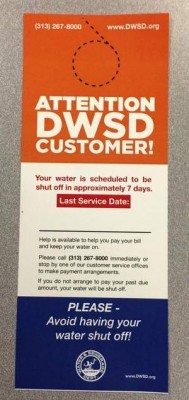 She added, “Since May 11, 2015, the Department has posted 42,414 door hangers notifying customers of pending shut off of services. A total of 12,352 of those customers have either paid their bills, or entered into a payment plan agreement. Currently, there are a total of 38,867 active payment plan agreements with the total combined balance of $31,308,592.96. There are 2,267 customers receiving assistance from the Detroit Water Fund (DWF) for a total liability of $831,680.93 through September 4, 2015, and a remaining balance of $1,136,021.07 available for assistance.”
She added, “Since May 11, 2015, the Department has posted 42,414 door hangers notifying customers of pending shut off of services. A total of 12,352 of those customers have either paid their bills, or entered into a payment plan agreement. Currently, there are a total of 38,867 active payment plan agreements with the total combined balance of $31,308,592.96. There are 2,267 customers receiving assistance from the Detroit Water Fund (DWF) for a total liability of $831,680.93 through September 4, 2015, and a remaining balance of $1,136,021.07 available for assistance.”
Nearly half of the city’s 300,861 residential accounts are past due. The average amount is $732.
Water rates in Detroit have increased over 120 percent in the last decade, particularly since the DWSD started billing on a monthly, not a quarterly, basis. DWSD has also been installing remote “SMART meters” in customers’ homes, forcing them to pay for the cost of adapting their plumbing to meet the meter requirements.
Demeeko Williams of the Detroit Water Brigade said that his group has received numerous complaints from customers whose water was shut-off after they refused to have the meters installed, or could not afford the cost of plumbing adaptations. He also questioned whether computer-generated charges can be manipulated to increase GLWA revenues. Channel 7 News reported recently on the case of Paulina Richardson at http://www.wxyz.com/news/mom-small-children-without-water-for-weeks-because-of-switch-to-smart-meter.
The Authority has already declared that, come hell or high water, its “Water Resident Assistance Program” (WRAP), whose final version was presented at its Aug. 17 meeting, is not and never will be the income-based water affordability, no-shut-offs plan that thousands have demanded over the last two years.
In a televised interview Aug. 20, 2015, McCormick said DWSD has slashed the number of its workers “from 2178 in early 2012 to 1322 on July 1, 2015,” approximately 41 percent, half-way to contractor EMA’s recommendation of 81 percent. During the Sept. 14 board meeting, she noted that numerous DWSD jobs are slated for outsourcing to private companies, including maintenance and security positions, with skilled trades jobs next on the list.
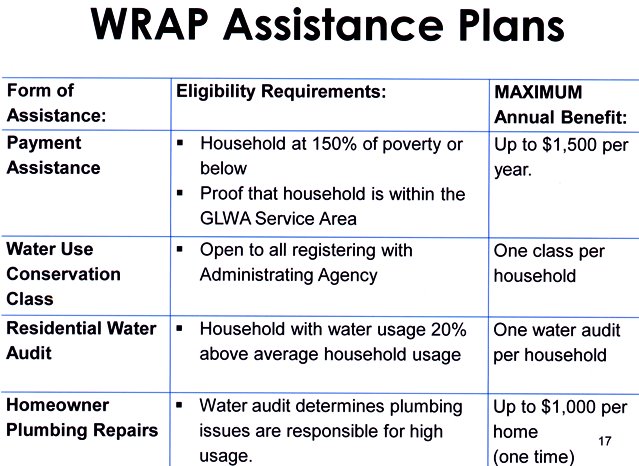
GLWA’s “WRAP” Plan is NOT an plan that assigns income-based water rates, and it does NOT bar water shut-offs.
See entire slide presentation at WRAP-Presentation-PowerPoint-081715. Note that its “advisory panel” includes neither Water Affordability Plan expert Roger Colton nor Demeeko Williams of the Detroit Water Brigade despite rumors to the contrary.
GLWA’s revised “Master Plan” includes massive downsizing
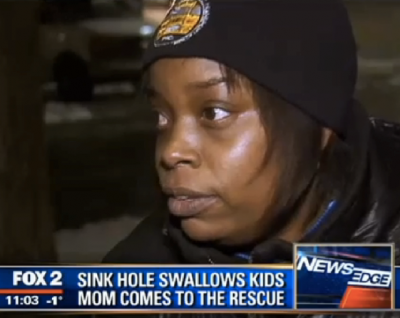 At its July 9 Joint GLWA/BOWC meeting, officials reported frightening future plans to downsize the entire facility by:
At its July 9 Joint GLWA/BOWC meeting, officials reported frightening future plans to downsize the entire facility by:
- Dropping spending for water main replacement to $25 million a year, enough to repair only one one percent of the lines , despite ongoing massive breaks and sinkholes in Detroit and the region;
- Shutting down treatment plants and booster stations;
- Reducing capital improvement spending from $9 billion to $2.9 billion;
- Rescission of planned upgrades for 14 sites;
- Reducing GLWA’s daily pumping capacity from 1,760 million to 1,040 million gallons;
- Reduction of water intake sites from five to three.
(See GLWA power point presentation of Revised Master Plan at Water-Master-Plan-2015-07-08-BOWC-GLWA-Board-Workshop-Final.compressed).
Video below covers one of dozens of sinkhole problems reported in the DWSD area for the past several years.
GLWA PLANS “GREEN AND BLUE INFRASTRUCTURE,” BUT INCREASES POLLUTION WITH $630 MILLION BIO-SOLIDS PLANT
McCormick also discussed plans for “green and blue” infrastructure in the GLWA at the Sept. 15 meeting.
City of Detroit “mayor” Mike Duggan, with state and federal agencies, announced Aug. 9 that he had just snagged $8.9 million in federal “disaster recovery” funds to establish “flood prevention areas” in broad sections of Detroit’s predominantly Black neighborhoods.
The money, part of the U.S. Department of Housing and Urban Development’s Community Development Block Grant (CDBG) program, would fund demolition of homes, “vacant lot greening,” and large “stormwater infrastructure projects” in designated areas including Brightmoor, Mt. Elliott, and McDougall-Hunt on the city’s lower northwest and lower east sides.
“We are deeply appreciative . . .” Duggan said in a U.S. Department of Housing and Urban Development release. “With this funding, we are going to be able to make an impact in our neighborhoods through additional blight removal, beautification of vacant land and new strategies to make us more resilient to the kind of flood damage we experienced a year ago.”
Those floods “resulted in over 10 billion gallons of combined sewer overflow, with 6 billion gallons of the flow coming from Detroit’s system, which serves more than 70 communities in southeast Michigan, according to a release from HUD. “Of that overflow, nearly 80% was not treated, which threatened the overall health of the Great Lakes water system and Metro Detroit’s water supply.”
Nearly 60,000 households in Detroit alone were affected by the flood, with overall damage levels estimated at $10 billion.
The plan takes advantage of large parcels of vacant land cleared by the flood of predatory lending and illegal foreclosures in Detroit over the past decade.
TOO LITTLE, TOO LATE
The grant is too little and too late said Bill Davis, who retired from the city after 34 years, a large number spent as shift supervisor at the Wastewater Treatment Plant (WWTP).
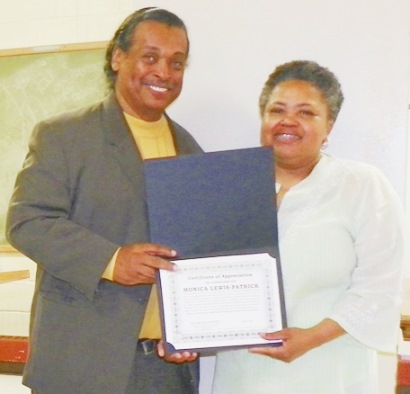
DAREA Pres. Bill Davis presents award to activist Monica Lewis Patrick of We the People of Detroit at DAREA prayer breakfast June 27, where petition campaign to save DWSD was kicked off. We the People is an endorser.
Davis lives in the Brightmoor area, where the construction of underground tanks in Oakland Avenue’s median strips, topped with trees and lawns, to soak up excess stormwater, is proposed.
“The only way this would work is if a whole lot of these structures were built all over the city,” Davis said. “More foreclosures resulting in a lot of vacant land would be needed to have sufficient retention basins, if they are not planning to make improvements at the Wastewater Treatment Plant.”
He said last year that the failure of three major sewage pumps at the WWTP pumping stations caused the discharge of the 4.8 billion gallons of untreated sewage flow, referenced in the HUD release, into Metro Detroit, the Detroit River and Lake Erie, also causing an Aug. 2014 crisis in Toledo, Ohio and Southeastern Michigan which made water unpotable.
Davis said the HUD project is far too small to make up for the cutbacks at the WWTP, which included elimination of 24/7 maintenance and hundreds of jobs by EMA, a contractor which recommended that 81 percent of the DWSD workforce be cut and is now running the WWTP.
Bio-solids plant at DWSD will cause further phosphorus pollution of Detroit River, Lake Erie
DWSD Senior Chemist Saulius Simoliunas, a recognized expert internationally, and four others also weighed in on GLWA plans in a document included in the board’s Aug. 15 packet.
It blasted the GLWA as an entity made up of “two policemen from Detroit” (co-chair Gary Brown and member Isaiah McKinnon), an “airport manager from Wayne County” (Joseph Nardone), “two CPA’s from Oakland and Macomb Counties (Chair Robert Daddow and member Brian Baker), and “a retired lawyer from the Governor’s office” (Earl Hood of Dykema Gossett).
“The discussion at GLWA meetings concerns finances, but not the technical operation of the facility,” Simolianus et. al pointed out.
The ongoing construction of a $630 million biosolids sewage drying plant run by the notorious New England Fertilizer Company (NEFCO) was on the agenda at GLWA’s Aug. 15 meeting, but no discussion took place regarding technical aspects of NEFCO’s operation, its reputation, or likely negative effects of its operation.
Detroit’s former Emergency Manager Kevyn Orr handed out the NEFCO contract in 2013. The plant will convert sewage sludge from the Wastewater Treatment Plant into dried pellets, or “cakes,” that can be used for land application in agriculture, as well as energy generation for utilities like DTE.
NEFCO facilities have incurred the wrath of communities across the U.S. where they are placed, and where cakes of dried sludge, or “bio-solids,” are applied on farms, causing noxious odors and health threats.
An Aug. 2013 report called “Lake Erie Ecosystem Priority” (LEEP), referenced by Simiolianus in his document, says phosphorus from agriculture and industrial wastewater treatment plant threatens increasing contamination, or “eutrofication” of the Lake.
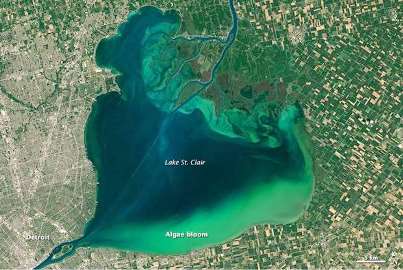
Lake Erie’s algae bloom has grown to alarming proportions since last year. Note origin at bottom left from Detroit.
The report was issued before the August 2014 crisis during which 400,000 residents of Toledo and southeastern Michigan could not drink or use water processed from Lake Erie, even after boiling it, for several weeks.
The report says farmland run-off is now the primary cause of Lake Erie pollution, whereas wastewater treatment plants were previously the main source. But Davis points out that Detroit’s Wastewater Treatment Plant, by teaming up with the NEFCO facility, will indirectly cause both types of pollution.
“Roughly 80 percent of the water entering Lake Erie comes through the Detroit River, bringing with it an estimated 40 to 50 percent of the phosphorus,” says an article in yesterday’s Detroit News, “U-M set to probe Detroit River role in algae ills,” at http://www.detroitnews.com/story/news/local/michigan/2015/09/16/um-detroit-river-algae/32499035/
The Erb Family Foundation has awarded the University of Michigan a $3 million grant to study the Detroit River watershed and its role in increasing algae growth in the Lake. In the 1970’s, Lake Erie was essentially considered a “dead” lake, largely due to sewage sludge outflow from Detroit’s Wastewater Treatment Plant. It was cleaned up after the U.S. passed the Clean Water Act, but in the last decade, problems have again increased.
DAREA pursues drive to stop GLWA while appealing bankruptcy
DAREA also is appealing the entire bankruptcy in U.S. District Court before Judge Bernard Friedman, and plans to take its appeal all the way to the U.S. Supreme Court, if necessary, Davis said. It recently mailed its first print newsletter to retirees, many of whom do not have computers to access sites like Facebook pages for DAREA and The Coalition to Save the Detroit Water & Sewerage Department.
Stopping the takeover of DWSD, Detroit’s largest asset, can be done quickly through a people’s vote while court appeals of the bankruptcy itself proceed, DAREA says. A successful referendum against the takeover would also send a message to DWSD Wall Street bondholders to back off, Davis noted.
DAREA is pursuing this campaign despite some lack of interest from groups busy campaigning against water shut-offs with the Detroit City Council and DWSD. They do not seem to understand that their efforts will be null and void Jan. 1, when and if the GLWA will be in charge of determining water rates and making water shut-offs, according to its contract.
#WaterisLife, #StandUpNow, @WeThePeopleDet, #OurWaterOurVote, @Detroit2700plus, @DETWaterBrigade, #DetroitWater, #Right2Water, #Detroit2Flint, @MCHumanRights, @PeoplesWaterDet, @ACLUofMichigan, #noconsent, #freetheirish5, #neweradetroit, #stopthewatershutoffs, #nowaynopay
PREVIOUS VOD STORIES ON REFERENDUM TO STOP GLWA:
LINKS FOR COPIES OF PETITION, FLIERS, INSTRUCTIONS:
REFERENDUM ON CITY OF DETROIT CONTRACT PROPOSED BY INITIATIVE PETITION 4.
Click on BLOW THE GREAT LAKES WATER AUTHORITY OUT OF THE WATER 3 for PDF of front of flier; PDF of Instructions for Circulation is at INSTRUCTIONS FOR CIRCULATING (includes contact information to obtain petitions and turn them in.)
The Coalition needs to collect a total of 15,000 valid petition signatures meaning it must collect at least twice that to allow for invalid signatures. Signers must be Detroit residents who are registered voters. CIRCULATORS DO NOT HAVE TO BE DETROIT RESIDENTS.
The Coalition’s Facebook Page is at: https://www.facebook.com/pages/Coalition-to-Save-Detroits-Water-Sewerage-Department/1443509195955743?fref=ts
PETITIONS ALSO BE AVAILABLE FOR PICK-UP AND TURN-IN AT:
- Meetings of DAREA, 3rd Monday at 11 a.m. at Nandi’s Knowledge Café at 12511 Woodward, Highland Park; 1st Wednesday at 5:30 pm, St. Matthew and St. Joseph Church at Woodward and Holbrook.
- Weekly meetings of Moratorium NOW! Mondays at 7 pm, 5920 Second at Antoinette, s. of W. Grand Blvd.
Other related articles:

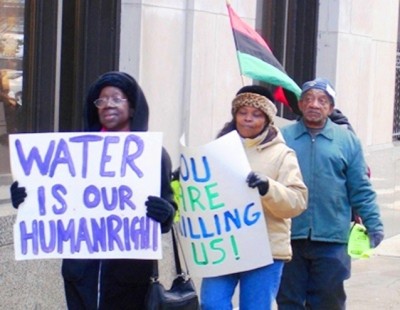
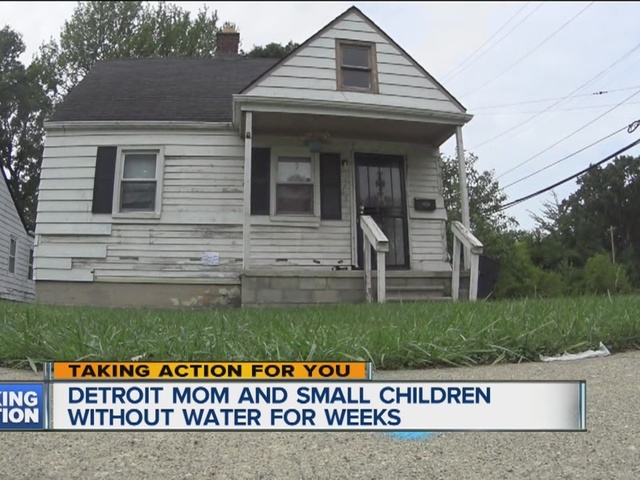
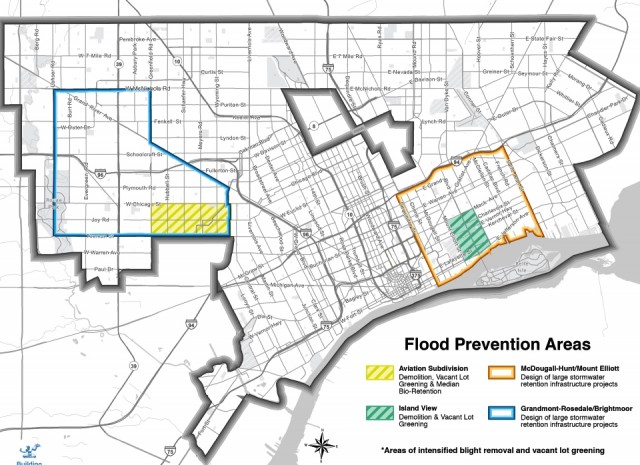


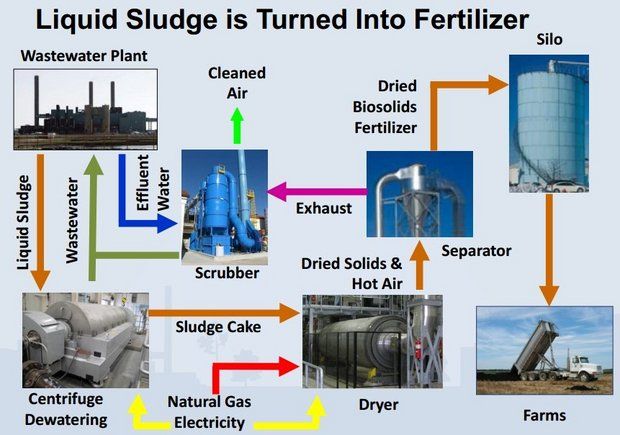
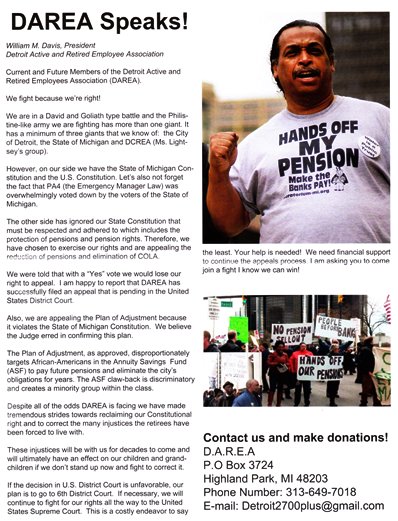





There are people all over this planet who would love to have fresh, clean water delivered into their shacks for free so that they can drink. In the United States people want free water to flush down the toilet, water their lawn, and make cool aid. People in other parts of the world have to dig wells and lug water for miles to their homes and it might not even be fit to drink after all that effort and these people want it for free??? There is a drought in California and water is going to be a premium commodity in the near future as people realize that water is not guaranteed. This is a wake up call for all human beings. Get your priorities straight. Food, shelter, water should be paid for first not cell phone, cable, and liquor.
The bottom line is that water is not FREE, it never has been and it never will be. Somebody has to pay for it and since the city is broke that leaves the citizens.
The UN has declared water a HUMAN RIGHT, whether or not people can afford to pay the high rates DWSD and many other water companies are charging. Your comment is very condescending towards poor folk and borders on racist if you are referring to Detroiters (“cell phone, cable, and LIQUOR”). Water in fact was free in Ireland for decades, paid for out of tax dollars as are many other government services across the world. Other countries as well do not charge for public utilities.
Water as a human right is fine – go get all you want from the Detroit River. Water that is purified and delivered to your doorstep with no effort of your own costs money.
I would like a petition to circulate
You can download the petition from this story. There is a link at the end of the story. Printed out and Xeroxed petitions are acceptable.
Gary Brown’s carpetbagging ass should be run out of town on a rail!